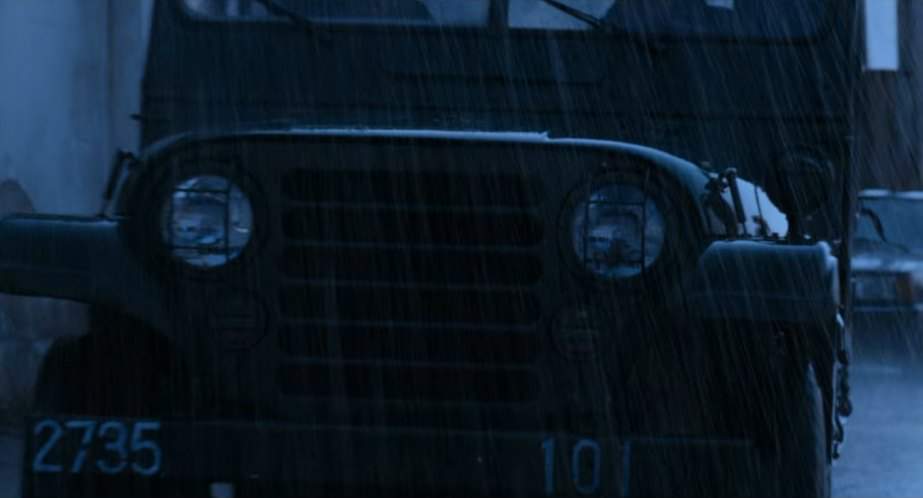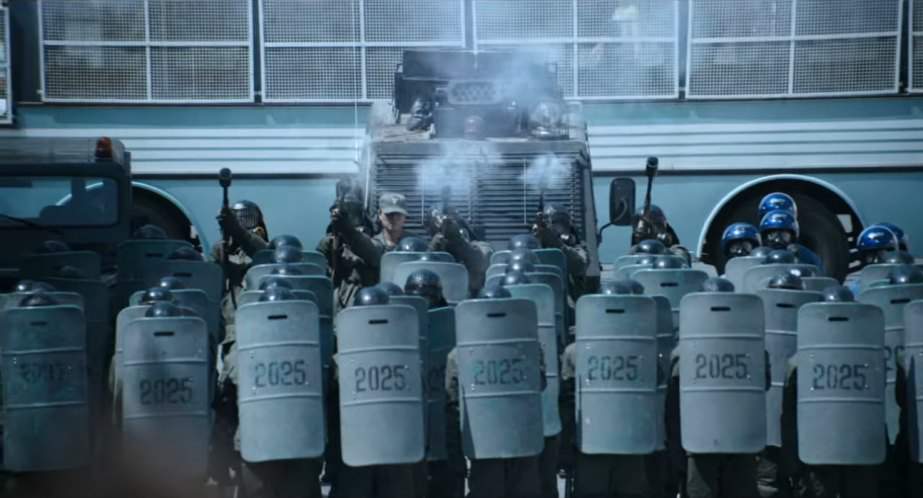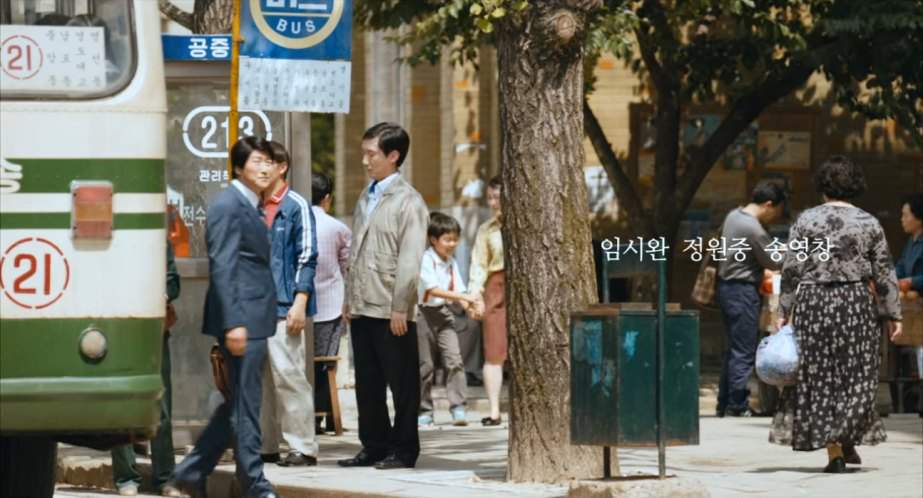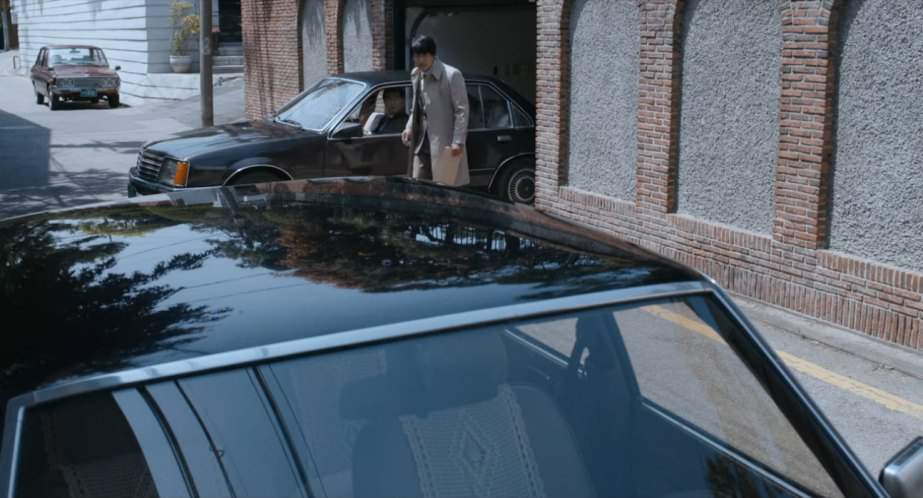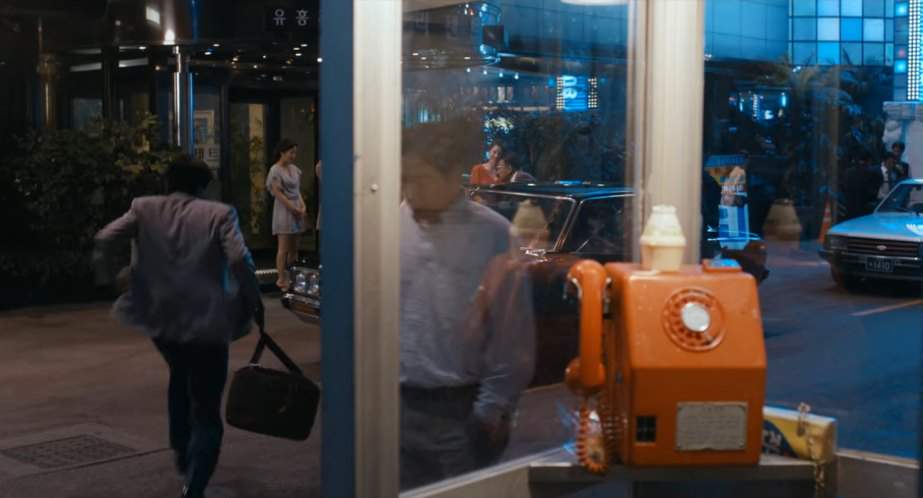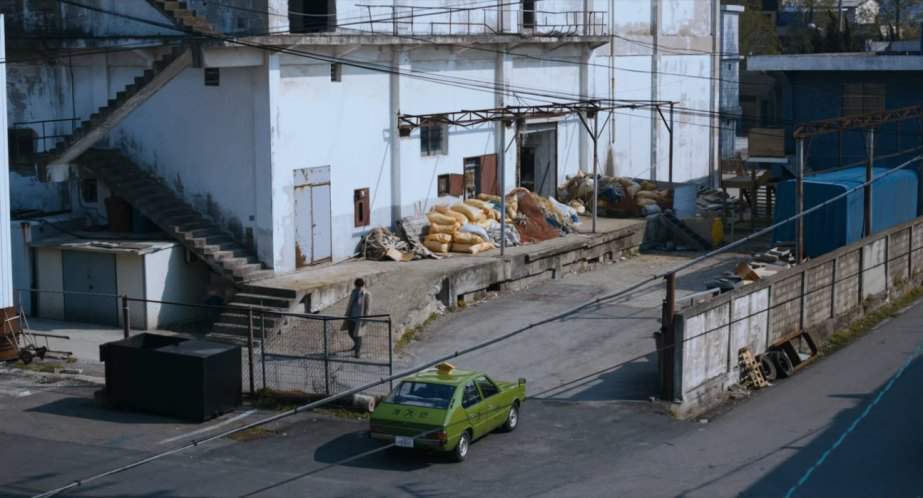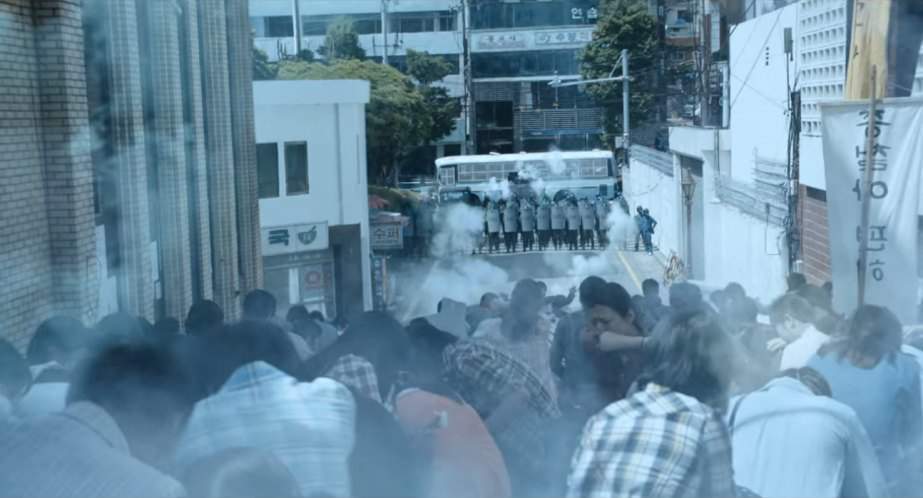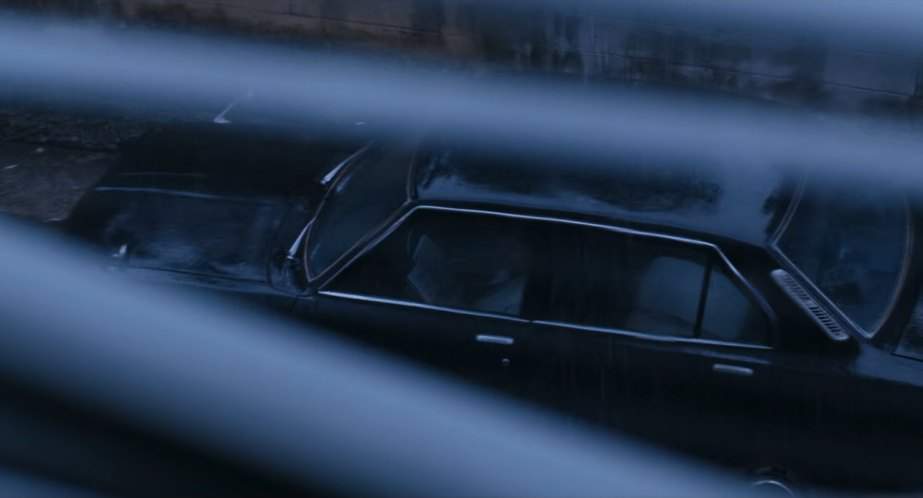The Attorney 2014
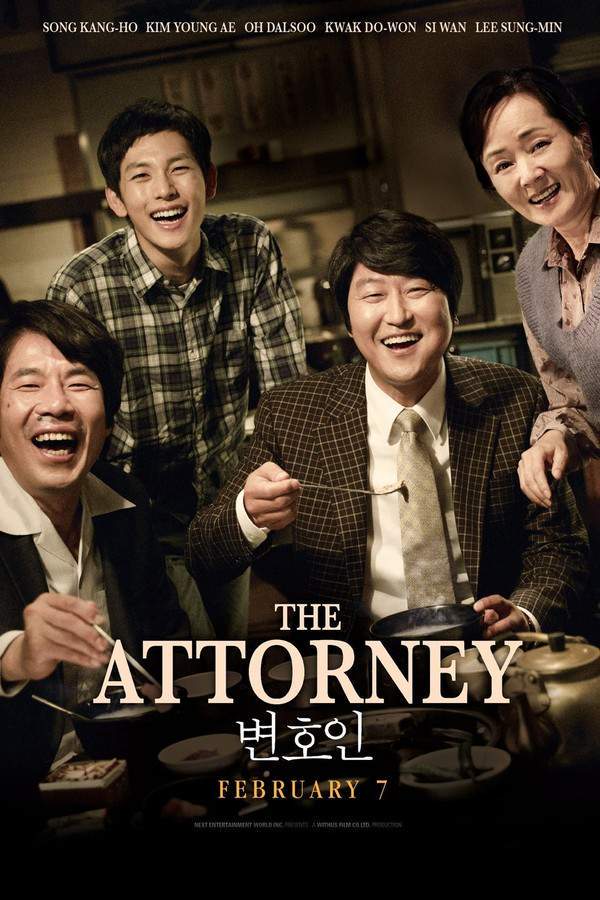
A rising lawyer's impressive career takes an unexpected turn when he uncovers a shocking injustice against a teenager wrongly accused. Haunted by the systemic corruption, Song Woo-seok abandons his comfortable life of power and prestige to defend the young man. He faces significant challenges as he fights to expose the truth and ensure justice prevails, putting his own reputation and safety at risk.
Does The Attorney have end credit scenes?
No!
The Attorney does not have end credit scenes. You can leave when the credits roll.
Meet the Full Cast and Actors of The Attorney
Explore the complete cast of The Attorney, including both lead and supporting actors. Learn who plays each character, discover their past roles and achievements, and find out what makes this ensemble cast stand out in the world of film and television.
No actors found
External Links and Streaming Options
Discover where to watch The Attorney online, including streaming platforms, rental options, and official sources. Compare reviews, ratings, and in-depth movie information across sites like TMDb, Wikipedia, Rotten Tomatoes or Metacritic.
Ratings and Reviews for The Attorney
See how The Attorney is rated across major platforms like IMDb, Metacritic, and TMDb. Compare audience scores and critic reviews to understand where The Attorney stands among top-rated movies in its genre.

55
Metascore
6.3
User Score


77%
TOMATOMETER

70%
User Score

78
%
User Score
Take the Ultimate The Attorney Movie Quiz
Challenge your knowledge of The Attorney with this fun and interactive movie quiz. Test yourself on key plot points, iconic characters, hidden details, and memorable moments to see how well you really know the film.
The Attorney Quiz: Test your knowledge on the film 'The Attorney' with this comprehensive quiz!
What year does Song establish his own law firm in Busan?
1975
1978
1981
1987
Show hint
Full Plot Summary and Ending Explained for The Attorney
Read the complete plot summary of The Attorney, including all major events, twists, and the full ending explained in detail. Explore key characters, themes, hidden meanings, and everything you need to understand the story from beginning to end.
In 1978, Song, a former judge with a distinctive and unconventional background, made a bold move by starting his own law firm in Busan. His unique journey to passing the bar exam was met with skepticism from many of his peers, who viewed him with contempt. Yet, Song’s unwavering determination and ingenuity eventually bore fruit, as he began to take on a myriad of high-profile cases that most shunned, particularly in lucrative real estate and taxation.
Meanwhile, Detective Cha was given directives from the upper echelons of the government to cleanse Busan of those considered to be communist sympathizers, resorting to any means necessary. His approaches often included deceit and manipulation. He was aided by Lieutenant Yoon, a medical officer assigned to a nearby military base, who helped him silence the victims of this oppressive regime.
Fast forward to 1981, Song’s reputation had ballooned. He had even purchased a sailboat in anticipation of competing in the prestigious Seoul Olympics. One fateful evening, while sharing a meal with old friends at his preferred restaurant, he engaged in a heated debate with Lee, a journalist who critically questioned the mass media’s integrity and supported the ongoing student protests disturbing Busan. This confrontation left a significant impression on Song, yet it was quickly eclipsed by a dire concern: the sudden disappearance of Park, the son of the restaurant’s owner.
Desperate for answers, Choi, Park’s anguished mother, spent nearly two months searching for her son, only to discover that he and several other students were slated to stand trial for sedition. Disturbed by the looming threat of torture-induced confessions, Song resolved to represent the students. During the trial, he observed grave constitutional violations but was met with staunch opposition from the prosecutors and judges, who proclaimed that standard laws were irrelevant when national security was at stake. The prosecution’s case hinged on the notion that the students had studied EH Carr’s What Is History?, alleging that it indicated communist leanings. Song fought back by presenting a note from the British consulate verifying Carr’s stature as a respected historian and diplomat, not a communist ideologue. To his shock, when Cha testified, he outright denied the students had suffered torture, attributing their injuries to self-harm.
However, when Lt. Yoon bravely stepped forward to testify, the courtroom atmosphere shifted dramatically. With remarkable integrity, he recounted the horrific tortures inflicted upon the students. Unfortunately, Cha was quick to inform his superiors, who spun a false narrative, ultimately pinning the blame on Lt. Yoon for desertion and invalidating his testimony. This led to dire repercussions as Lt. Yoon was promptly incarcerated, leaving the trial in disarray.
The innocence of the students was forever tarnished by the atrocities they endured. By 1987, Song had transformed into a fervent protest leader, propelled by an unquenchable desire for reform. His eventual arrest during a demonstration, where he faced sedition charges, drew an overwhelming show of support — an astounding 99 out of 142 lawyers in Busan united in solidarity, illustrating the undeniable strength of conviction and a steadfast commitment to justice.
Despite the impressive display of solidarity, the underlying issues of free speech and the rule of law continued to simmer ominously, poised to erupt at any moment. As the reverberations of these turbulent times continued to echo, it became increasingly evident that Korea’s quest for truth and transparency remains far from complete, leaving a haunting feeling of uncertainty that looms over the nation like a specter waiting to pounce.
Uncover the Details: Timeline, Characters, Themes, and Beyond!

Coming soon on iOS and Android
The Plot Explained Mobile App
From blockbusters to hidden gems — dive into movie stories anytime, anywhere. Save your favorites, discover plots faster, and never miss a twist again.
Sign up to be the first to know when we launch. Your email stays private — always.
Watch Trailers, Clips & Behind-the-Scenes for The Attorney
Watch official trailers, exclusive clips, cast interviews, and behind-the-scenes footage from The Attorney. Dive deeper into the making of the film, its standout moments, and key production insights.
Cars Featured in The Attorney
Explore all cars featured in The Attorney, including their makes, models, scenes they appear in, and their significance to the plot. A must-read for car enthusiasts and movie buffs alike.
The Attorney Other Names and Titles
Explore the various alternative titles, translations, and other names used for The Attorney across different regions and languages. Understand how the film is marketed and recognized worldwide.
Quick Links: Summary, Cast, Ratings, More

What's After the Movie?
Not sure whether to stay after the credits? Find out!
Explore Our Movie Platform
New Movie Releases (2025)
Famous Movie Actors
Top Film Production Studios
Movie Plot Summaries & Endings
Major Movie Awards & Winners
Best Concert Films & Music Documentaries
Movie Collections and Curated Lists
© 2025 What's After the Movie. All rights reserved.












